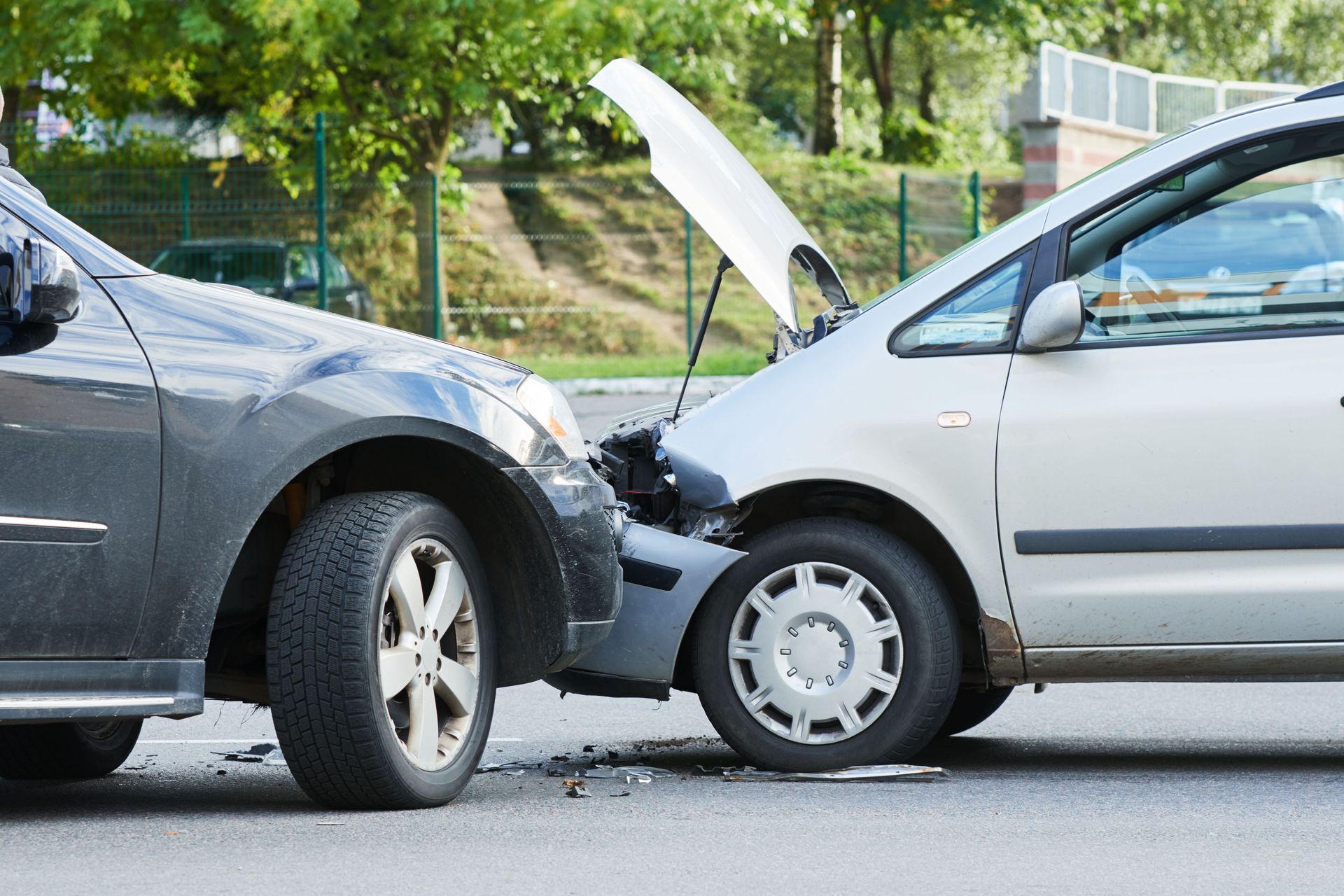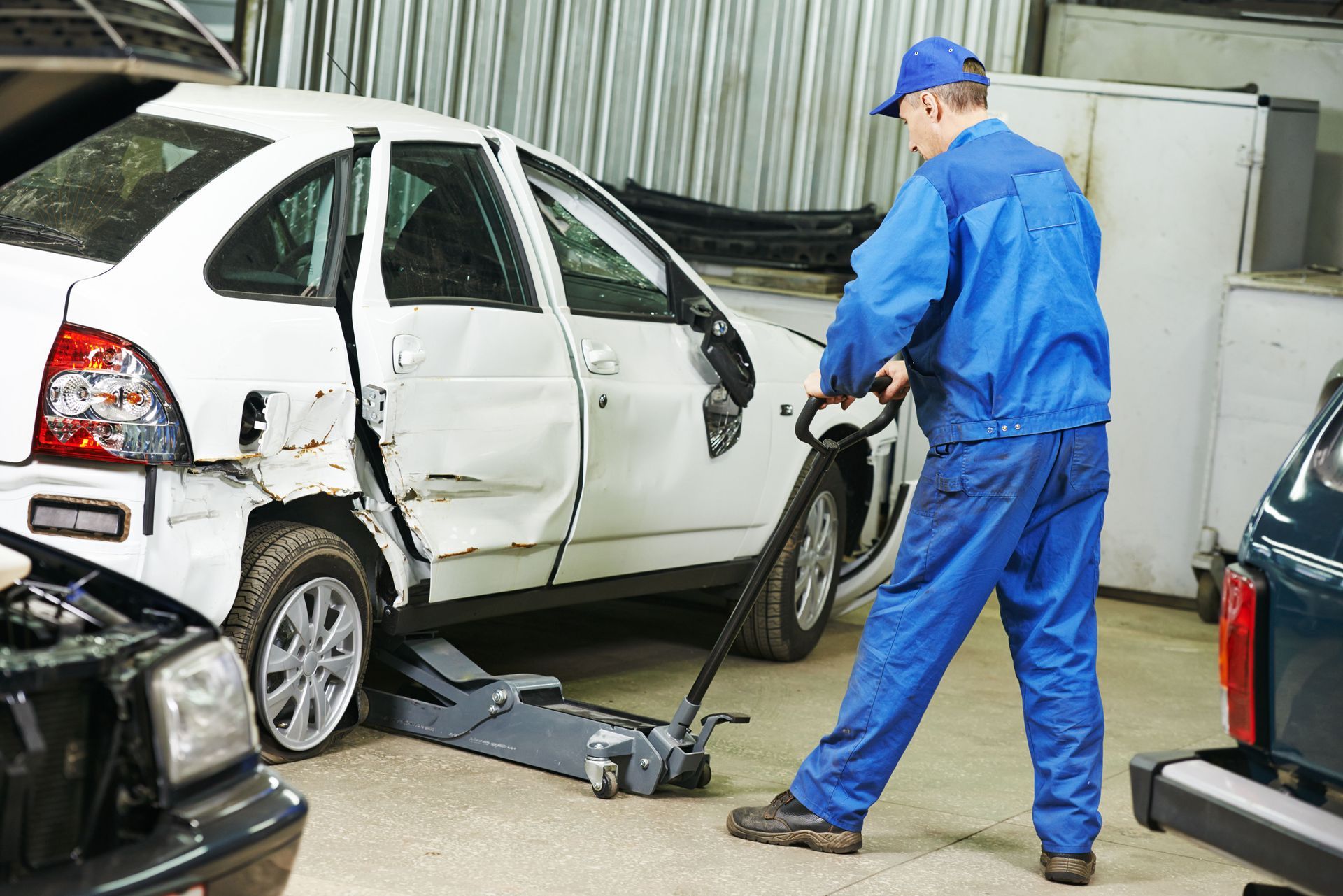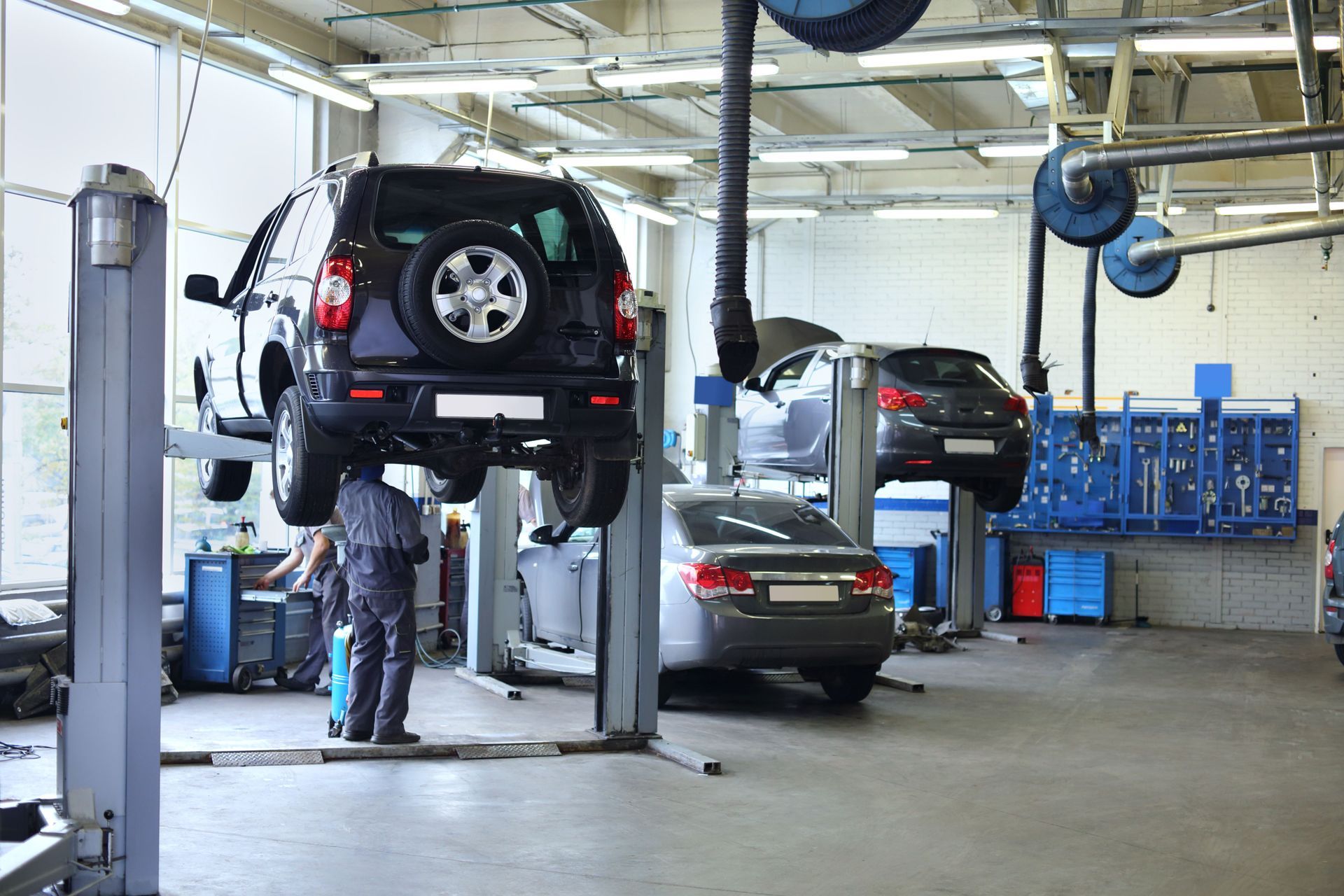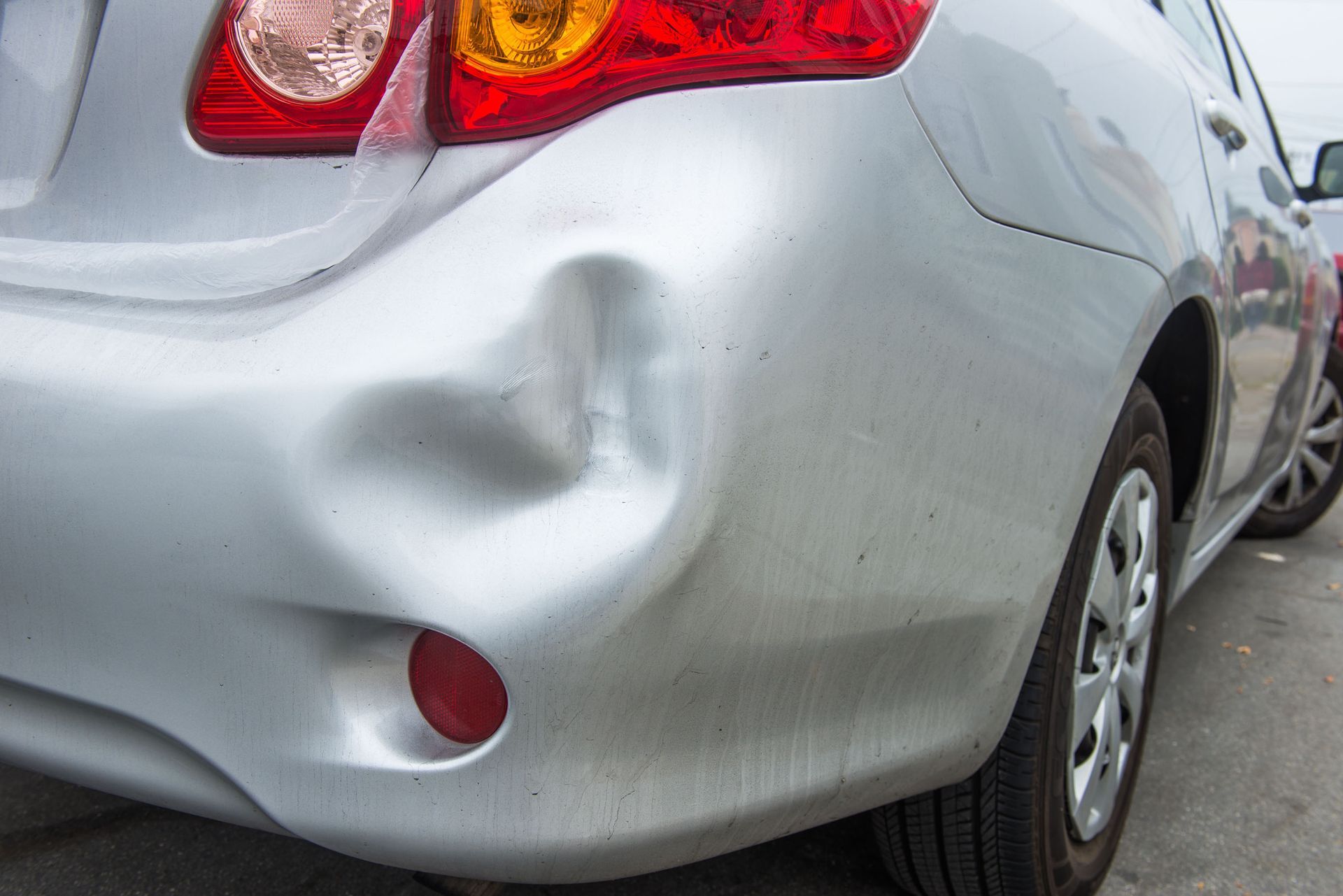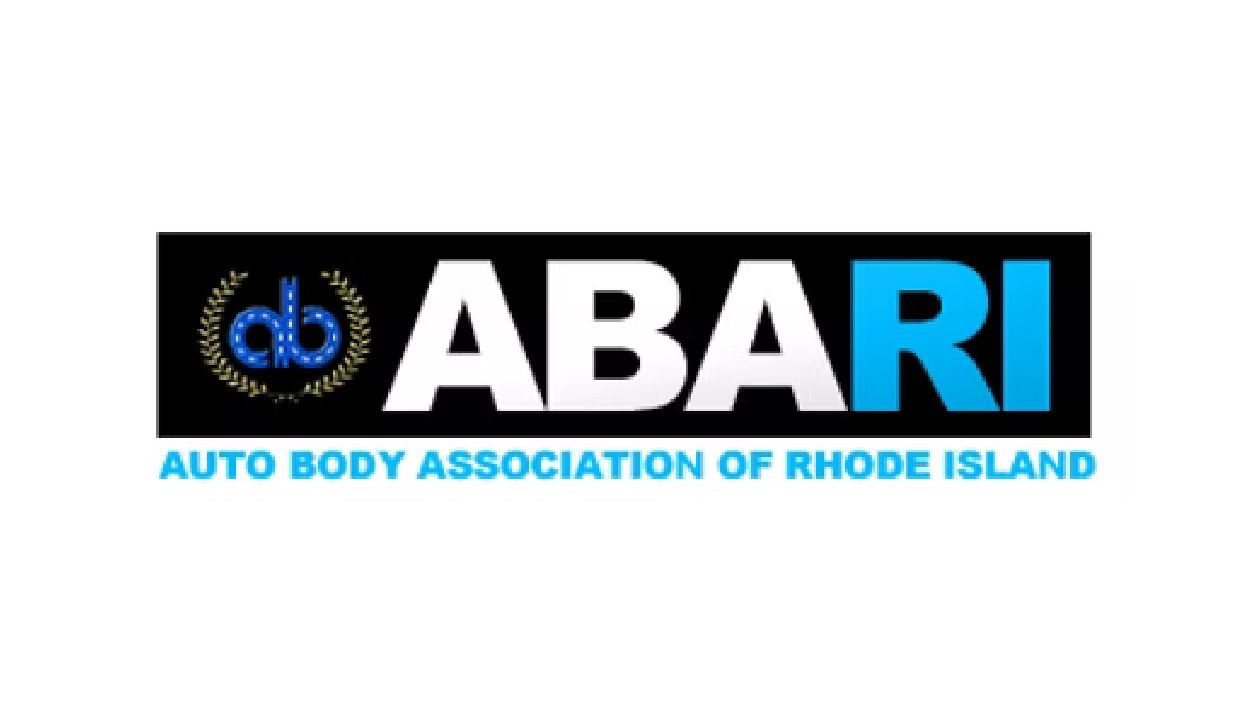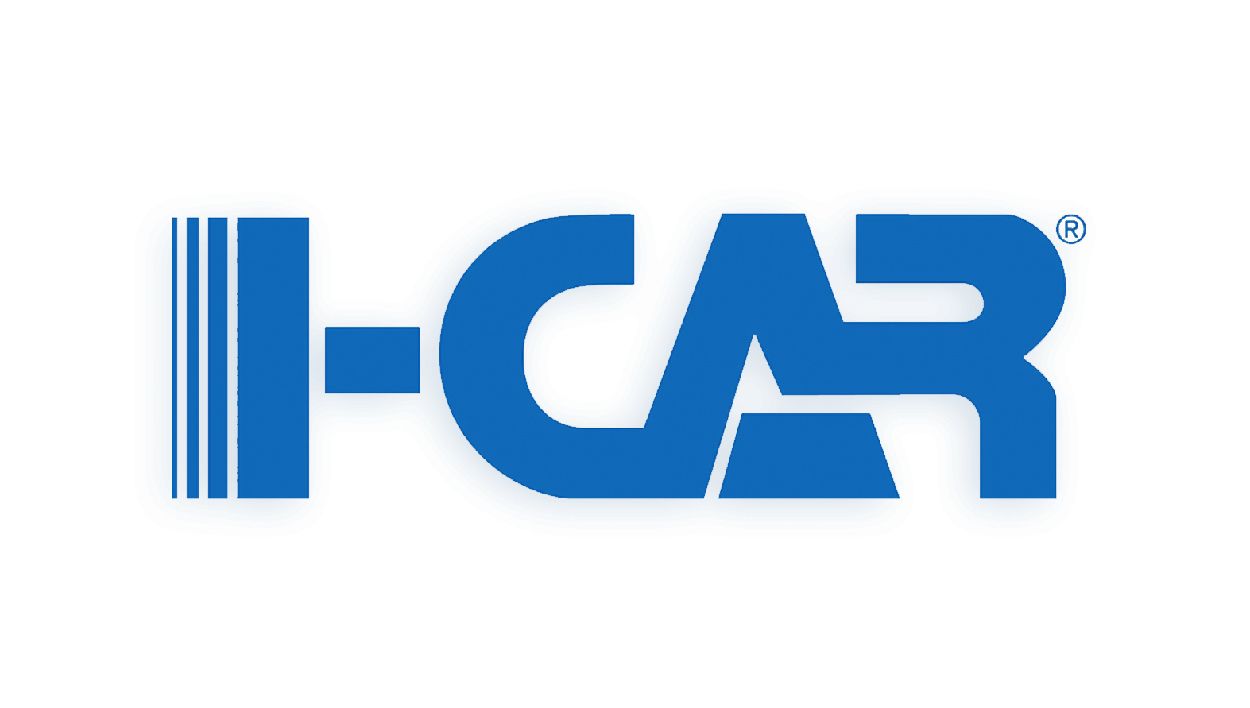September 15, 2025
Navigating the aftermath of a car accident can be daunting. One of the critical steps is dealing with auto collision centers to ensure your vehicle is repaired properly. This article provides a comprehensive guide on the most important questions to ask auto collision centers to make informed and confident decisions during this challenging time. Armed with the right knowledge, you can ensure that your car gets the care and attention it needs to return to its optimal condition. Let's delve into the questions that will empower you during your interactions with auto collision centers.
1. What Is the Repair Process?
Understanding the repair process is crucial for setting the right expectations. The initial step often involves a thorough assessment of the damage by the collision center. This assessment is followed by creating a detailed repair plan outlining the necessary steps to restore your vehicle. Once the plan is set, technicians begin the actual repair work, which can include everything from structural repairs to paint refinishing. Lastly, a quality check ensures that all repairs meet industry standards.
The duration of repairs can vary widely based on the extent of the damage and the availability of parts. While some repairs can be completed sooner, more extensive damage might keep your vehicle in the shop for a longer period. It's essential to communicate regularly with the collision center to stay updated on the progress. Knowing the expected timeline will help you manage your transportation needs during this time. Clear communication about potential delays, such as part shipments, can also help set your expectations accurately.
Discovering additional damage during repairs is not uncommon. Auto collision centers may encounter hidden issues that were not visible during the initial assessment. When this happens, the center should inform you immediately and provide a revised repair plan and cost estimate. Prompt communication ensures transparency and allows for informed decision-making. Such findings can extend the repair time and may also impact the repair costs, so being prepared for such a scenario is important.
2. Do You Provide Estimates?
A cost estimate from the collision center typically includes parts, labor, and any other associated expenses. Estimates are based on the damage assessment and the repair plan created for your vehicle. It's important to ask for clarity on how each element is priced and to ensure that there are no hidden fees. Gathering multiple estimates from different auto collision centers can provide a clearer picture of industry-standard costs. This practice allows you to make a more informed decision about where to get your vehicle repaired.
An initial estimate should encompass all known repair costs, but some unforeseen expenses may arise. It is vital to ask the collision center if the estimate is comprehensive or if potential extra costs could emerge during the repair process. Transparency about potential additional costs upfront can prevent unpleasant surprises later. Additionally, understanding whether taxes or disposal fees are included will give you a clearer financial picture. Effective communication with the service provider can significantly minimize the risk of unexpected financial burdens.
Requesting an itemized estimate allows you to see a detailed breakdown of costs for parts, labor, and any additional services. This transparency helps you understand where your money is going and whether any areas can be adjusted or negotiated. With spare parts, which in past years, according to Market.us, led the product segment with 64.3%, understanding pricing is more crucial than ever. An itemized list also provides a basis for comparison with other repair centers' estimates. This level of detail empowers you to make more informed decisions about your repairs.
3. Do You Work With Insurance?
Coordination between the collision center and your insurance company can expedite the claims and repair process. Many collision centers offer direct billing services to insurance companies, which simplifies the process for you. It's important to confirm this aspect beforehand to avoid any unexpected coordination responsibilities. Knowing if direct communication is available also helps you anticipate your involvement in the claims process. If the center does not handle such matters directly, be prepared to facilitate communication between the two parties.
An essential step in the repair process involves providing the collision center with the necessary insurance information. Typically, this includes your policy number, claim number, and any adjuster details. Ensuring that the collision center has all pertinent information will help prevent delays in repair authorization. It's also wise to keep copies of all documents and communications for your records. This preparedness can make the transition smoother and stress-free as your claim progresses and repairs are completed.
4. What Parts and Materials Are Used?
The types of parts used for repairs can significantly affect the cost and quality of the repair process. You have the option of OEM (Original Equipment Manufacturer) parts or aftermarket parts, with each having its pros and cons. Understanding the differences can help you make informed decisions to meet both quality and budget needs. OEM parts are generally guaranteed to fit and function like the original, while aftermarket parts may offer cost-effective alternatives. Discussing these options with the collision center ensures you get the desired balance between cost savings and quality assurance.
Aftermarket parts can be a practical alternative if OEM parts are unavailable or too expensive. Some insurance policies specify the use of such parts, while others leave it up to the car owner. If using aftermarket parts, it's important to ensure they meet quality standards and are sourced from reputable suppliers. Inquiring about warranties on these parts can offer additional peace of mind. The significant demand for spare parts, as reported in 2024 by Market.us, underscores the need to understand your options in depth.
When used parts are considered for repairs to cut costs, their quality evaluation becomes crucial. Collision centers should have a rigorous process in place to assess the functionality and reliability of these parts. Factors like age, wear, and compatibility with your vehicle model should be taken into account. Making sure these evaluations meet industry standards can prevent future issues and inconvenience. Discussing the specific evaluation criteria with the collision center will help ensure that you are comfortable with the parts being used in your vehicle's repair.
5. What If I Need a Follow-Up?
A good collision center often provides follow-up services post-repair to ensure customer satisfaction and the effectiveness of the repairs. This follow-up can include a review of the repairs and addressing any concerns or adjustments if necessary. Establish if this service is available when discussing your repairs, as it's an indication of the center's confidence and commitment to quality. It demonstrates that the center values long-term customer relationships and satisfaction. Opting for a follow-up service can enhance peace of mind after reclaiming your vehicle.
Knowing the steps to take if post-repair issues arise is important for resolving any concerns quickly and effectively. Contact the collision center immediately upon noticing any problems, and provide detailed information about the issue. Most centers will conduct an inspection to identify the cause and discuss necessary actions to correct it. Being informed about your warranty terms is vital, as it dictates coverage for any corrective measures. Open communication with the repair center significantly aids in promptly addressing and resolving post-repair concerns.
Knowing the right questions to ask at a collision center can significantly impact the quality and efficiency of your vehicle's repairs after an accident. By being informed and proactive, you can ensure that your car returns to its pre-accident condition with peace of mind, safety, and satisfaction. Utilizing this guide will empower you to make enlightened decisions as you navigate the repair process. Always remember that your role as a question-asker is vital in safeguarding your interests and ensuring transparency during repairs. With this knowledge, you’re better positioned to face post-accident repair challenges with clarity and confidence. If you're looking for
auto collision centers, don't hesitate to reach out to our team at Ken Rocha Collision, LLC today.
